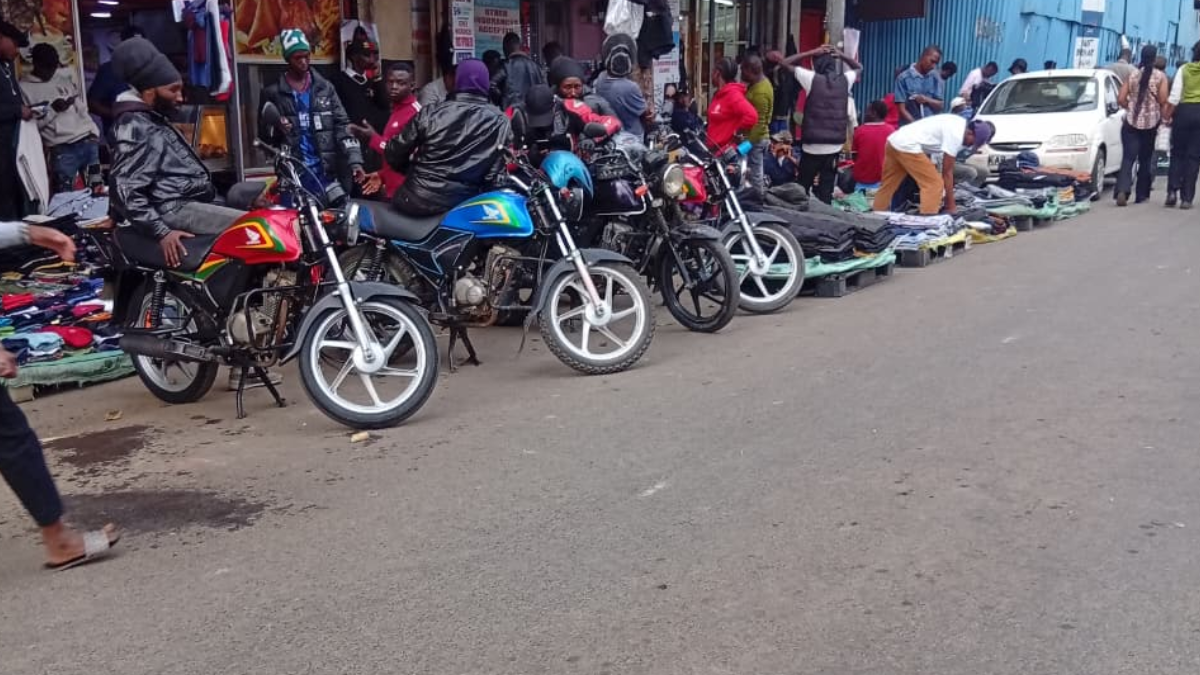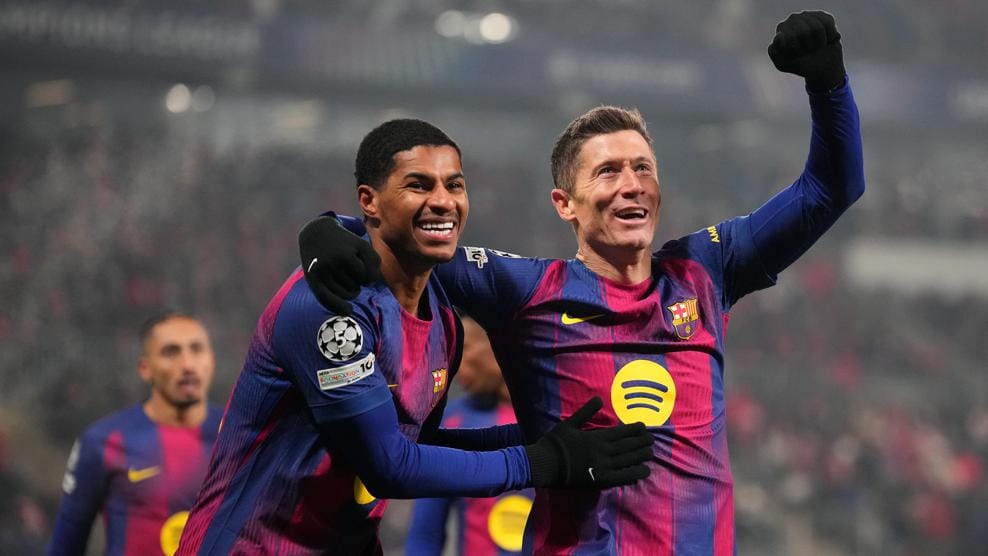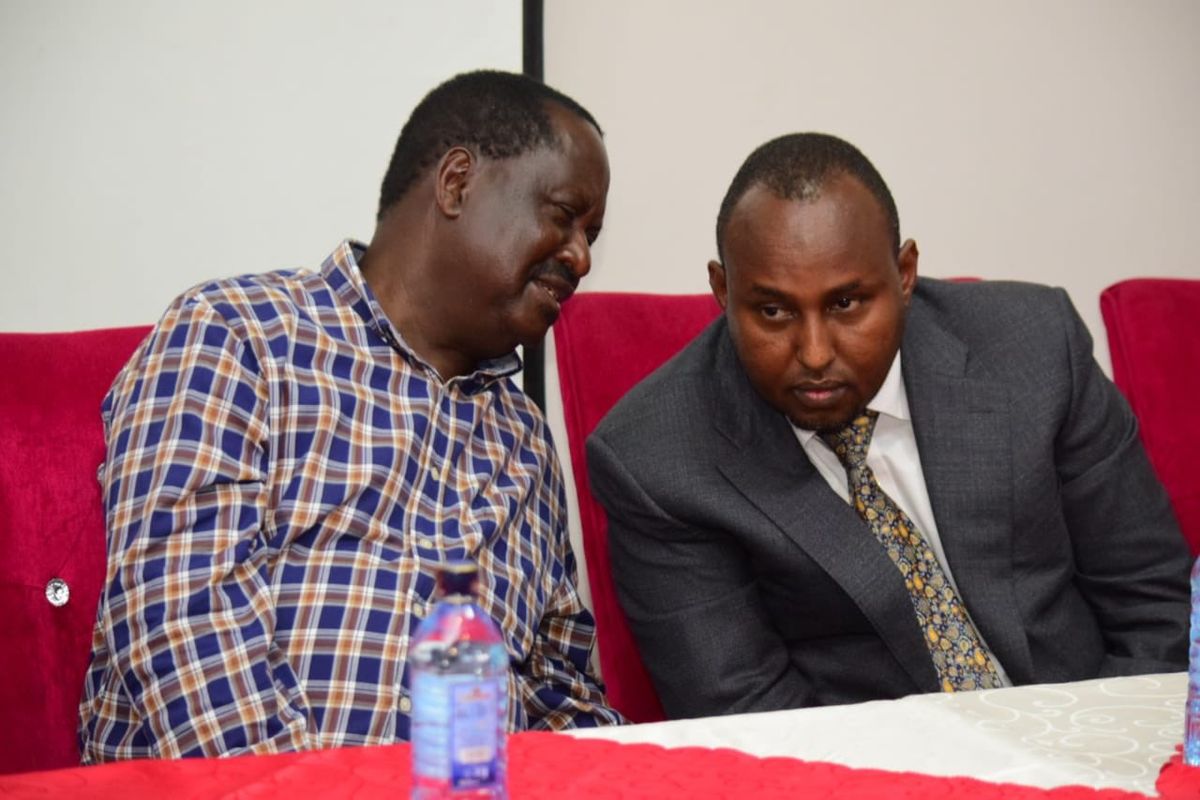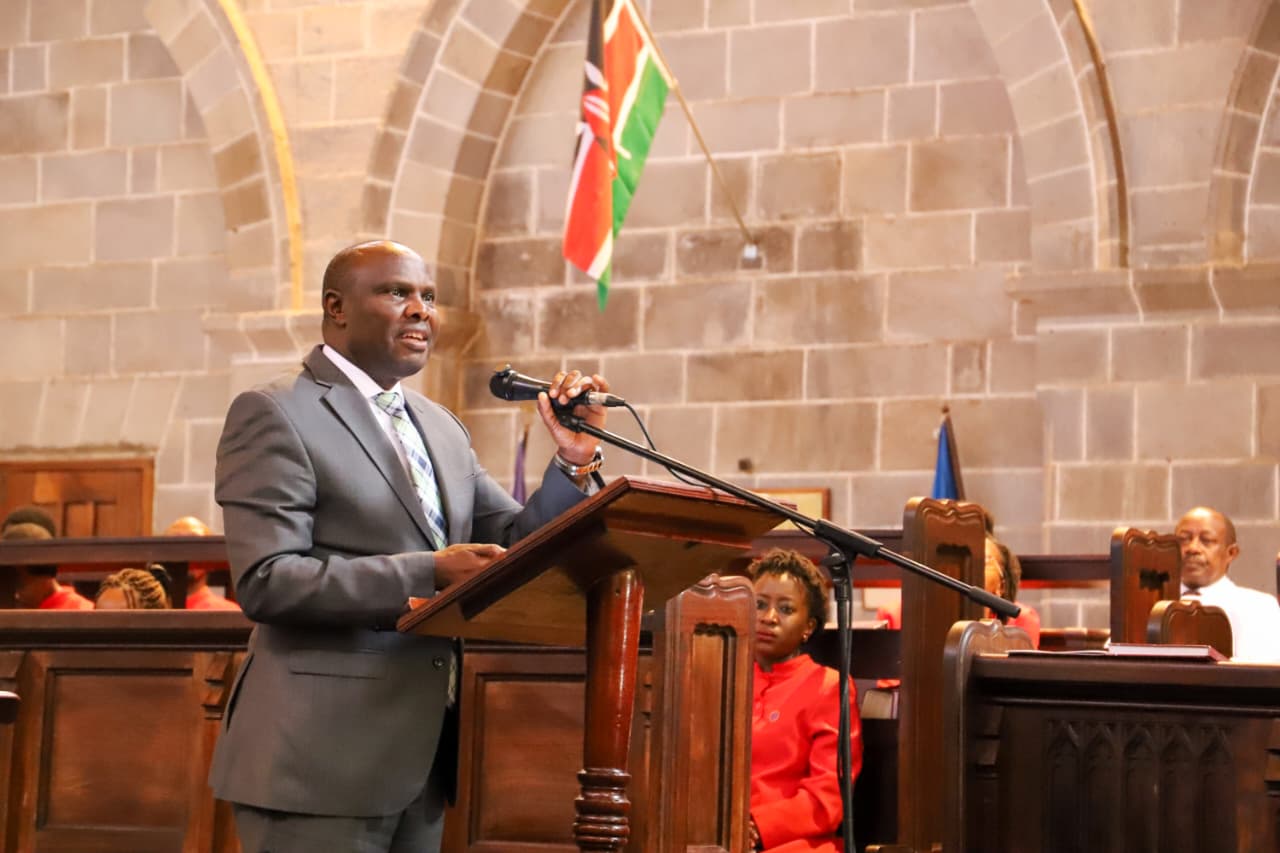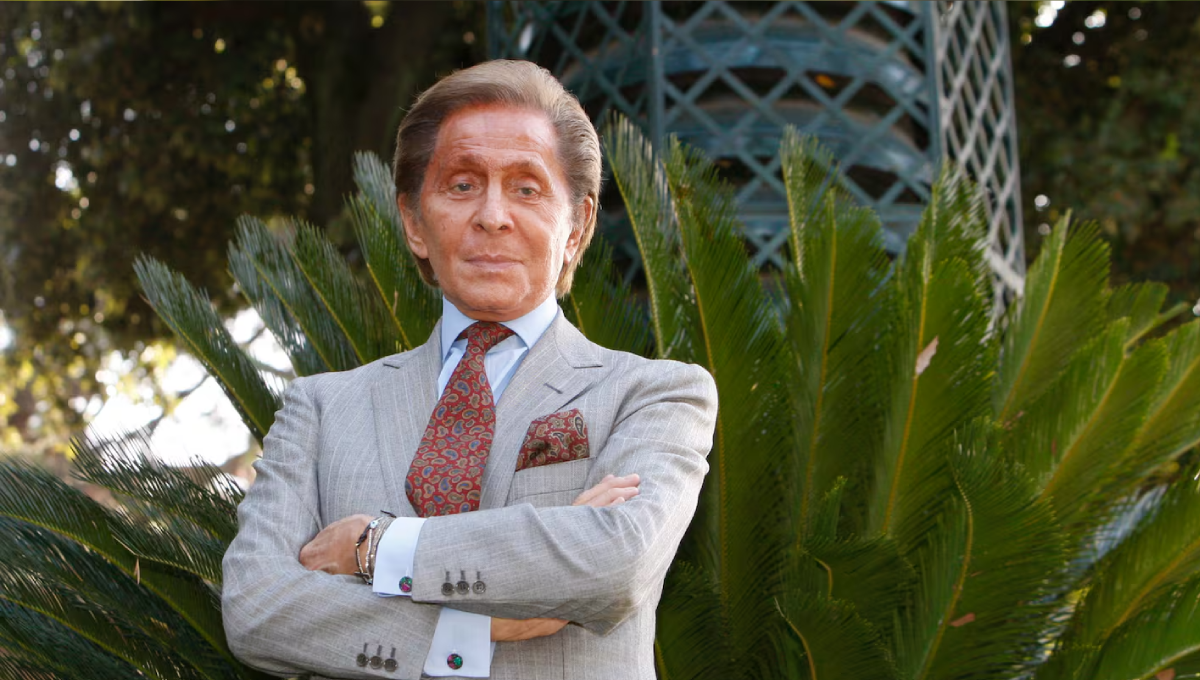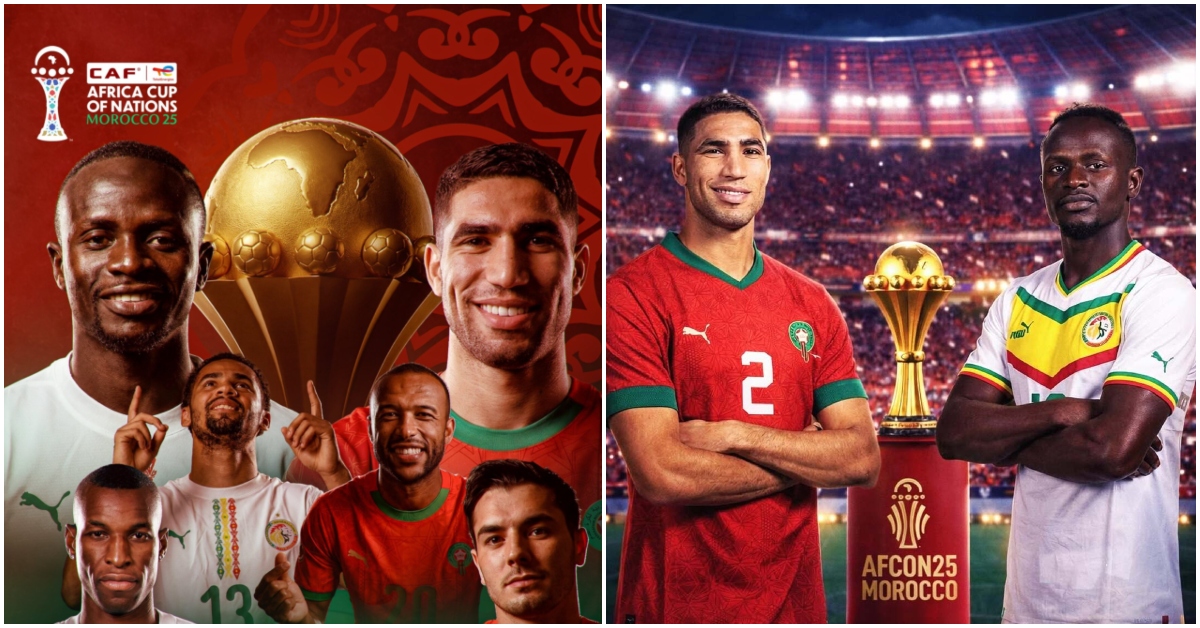After I’m all prepared for work, my first dial of the day isn’t to the man whose voice feels like home despite the distance, it’s to my bodaboda guy.
It’s just that this call determines whether I actually make it to work, run my errands on time or end up stranded like a roadside story.
So, yes, the first person I think about in the morning is my boda guy.
It’s not just a ride, it’s a gamble. The roads here are very seasonal. One day, smooth, the next day, flooded, muddy, and ready to ruin your outfit and test your patience.
When it comes to survival on these roads, timing is everything. If I don’t catch my guy early, he’ll lie to me with the sweetest confidence niko karibu.
A lie so professional it deserves its own degree. Because his karibu can stretch from one minute to who knows when.
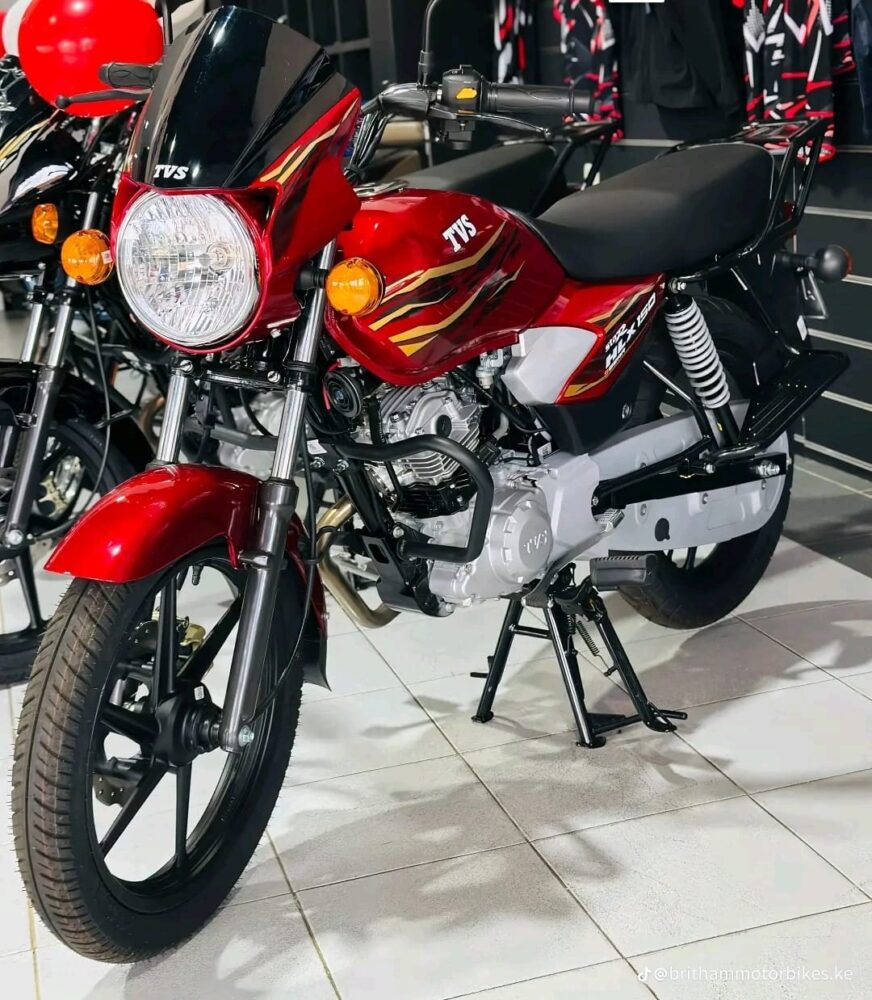
Then the adventure begins. It’s not just a journey, my friend it’s a rollercoaster. The wind slapping me, hair flying, eyes tearing up, skirt fighting for its dignity and by the time we’re hitting the highway, I’m fully awake.
Now we roll into Nairobi where the real show starts. You’ll find those polished Uber bodas and Bolt guys in helmets shinier than my future, nodding at you like, madam, hop on.
They even have those little reflector jackets for you. Meanwhile, back at home, my guy’s helmet has been through the most. It’s cracked, the sponge inside is gone, and let’s not even talk about it’s smell… But do I complain? No, As long as we move, life continues.
Truth is, I’m not alone. Everyone here, from a mama mboga who is going to open her kibanda, to that young guy with shiny new sneakers, to the office lady clutching her handbag tighter than her payslip, tunapanda bodaboda. Bikes have become part of our daily language. Bolt boda? Uber boda? Hapo sawa.
For a minute let’s not forget that romance is not dead. Forget dinner dates there’s just something about holding your person tight on a bike at night, wind slapping your face, music blasting from the rider’s mini speaker, if that’s not romantic enough then romance itself needs to take notes.
Then there are the cool kids. You know them. They don’t need the hustle, they’ll just ride a sleek superbike or sports bikes worth the price of two plots in Juja. For them it’s all about elevating their glam and making an entrance, more like a statement.
For some it’s even beyond the road, its a new wave of using their rides as a canvas for creativity. With cameras fixed to their helmets, they capture raw, thrilling adventures turning every trip into a story.
Some are even making documentaries, sharing Kenya’s landscapes and bike culture with the world. What started as just a few hustlers with bikes ferrying people across the villages has now exploded into a multimillion shilling empire.
Today, it feels like every corner, has riders revving their engines, ready to make a living.
At this point of course, the government can’t ignore them. There’ve been endless attempts to “regulate” riders sometimes with rules, sometimes with arrests, sometimes with empty promises.
One day you’ll hear police announcing crackdowns, the next day politicians are calling boda riders the backbone of our economy. They are both villains and heroes, depending on who holds the microphone.
Behind the jokes and adrenaline, bikes have really changed the game. Thousands of young people now earn a living from them.
From deliveries like food, gas, shopping to personal taxi services, bodabodas are powering Kenya’s economy in ways people never imagined 10 years ago.
Think about it, a single bike can feed a family. And for many youths, instead of waiting for that elusive big office job, they’ve turned two wheels into a business.
But just like a coin has two sides, not everything shines in this industry. As much as thousands of families eat because of these bikes, some people have twisted the hustle into crime. Quick snatches of handbags, phones and getaway rides after robberies.
The most unfortunate thing is that bikes don’t wait, bikes don’t care, they’ll jump pavements, squeeze between two lorries forgetting that Nairobi roads don’t forgive.
Every week, there’s that sad tale of a bodaboda rider who went under a truck, or a passenger who never made it home. It’s a daily gamble with God. Yet somehow, most of us survive, every single time.
That’s the thing about bodaboda life, it’s not just transport.
Amid the challenges that often push them to society’s margins, this group has built a home for themselves in more ways than one.
They have created a community where solidarity runs deep and no one is left to struggle alone. When one of their own faces hardship, they come together pulling resources, offering emotional support, and standing side by side as family.
It’s more than just survival, it’s about belonging. From helping each other find shelter and food, to raising funds in moments of illness or loss, their unity demonstrates a remarkable form of resilience.
And the future? Who knows maybe one day Nairobi will be full of clean electric bikes, helmets that don’t smell and riders who actually mean karibu when they say it.
The President himself is working towards it. Just the other day he launched the electric bodaboda painting this bright green dream of a cleaner, quieter Kenya.
As we wait let’s celebrate these guys, come rain or shine, dusty roads or muddy swamps, or even the traffic, they move people, stories, and dreams.
And for me? As long as I hear that familiar brrrrruuum pulling outside my gate, I know I’ll make it to class, to work, to life.


